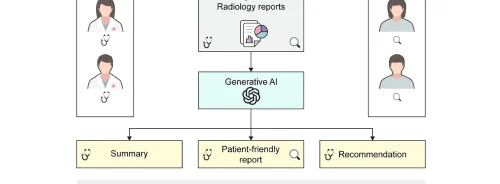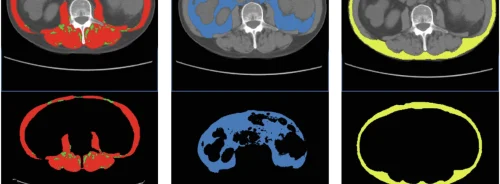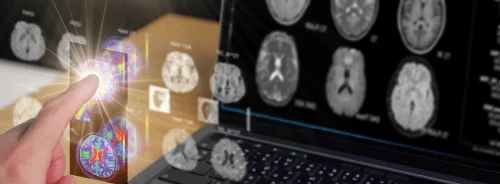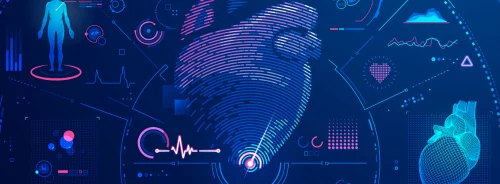A new study published in the journal JACC: Cardiovascular Imaging has found that using stress cardiac magnetic resonance (CMR) imaging in an Emergency Department observation unit to care for patients with acute chest pain is a win-win - for the patient and the institution.
Chadwick Miller, M.D., M.S., and colleagues found that evaluating older, more complex patients in the observation unit with stress cardiac MRI, as opposed to usual inpatient care, reduced hospital readmissions, coronary revascularisation procedures and the need for additional cardiac testing.
"We were looking at the optimum way to evaluate people with chest pain and focusing on those patients who are generally older, have many risk factors for coronary disease or may have had prior health problems, basically the intermediate to higher risk population," Miller said. "At most hospitals in the United States, after evaluation in the emergency department, these patients are admitted to the hospital to complete their care."
Miller, who serves as director of clinical research and executive vice-chair of Emergency Medicine at Wake Forest Baptist, said the study built on previous research findings that more complex patients managed in an observation unit with stress CMR testing experienced a reduction in care costs of about $2,100 per patient per year. For the new study, the researchers wanted to specifically look at three care events: coronary revascularisation, hospital readmissions and additional heart testing.
The researchers recruited 105 patients from Wake Forest Baptist's Emergency Department, randomising them to receive care either in the Observation Unit with CMR or in the hospital. The patients were followed for 90 days, after which the researchers found significant reductions in coronary revascularisation procedures, fewer hospital readmissions and fewer recurrent cardiac testing episodes or the need for additional testing.
"What's exciting about this is not only can we reduce events that are important to patients, but we can reduce costs as well," Miller said. "What we think is happening is that the cardiac MRI is more accurately selecting patients who will benefit the most from having invasive procedures done. It's a win-win."
The single-centre design of the study is a limitation, Miller said, and these findings need to be replicated across multiple centres to validate the findings.
References:
Stress CMR Reduces Revascularization, Hospital Readmission, and Recurrent Cardiac Testing in Intermediate-Risk Patients With Acute Chest Pain: A Single-Center Randomized Trial. Chadwick D. Miller; L. Douglas Case; William C. Little; Simon A. Mahler; Gregory L. Burke; Erin N. Harper; Cedric Lefebvre; Brian Hiestand; James W. Hoekstra; Craig A. Hamilton; W. Gregory Hundley.
J Am Coll Cardiol Img. Published online May 8, 2013.
Latest Articles
MRI, Heart
A new study published in the journal JACC: Cardiovascular Imaging has found that using stress cardiac magnetic resonance (CMR) imaging in an Emergency Depa...









